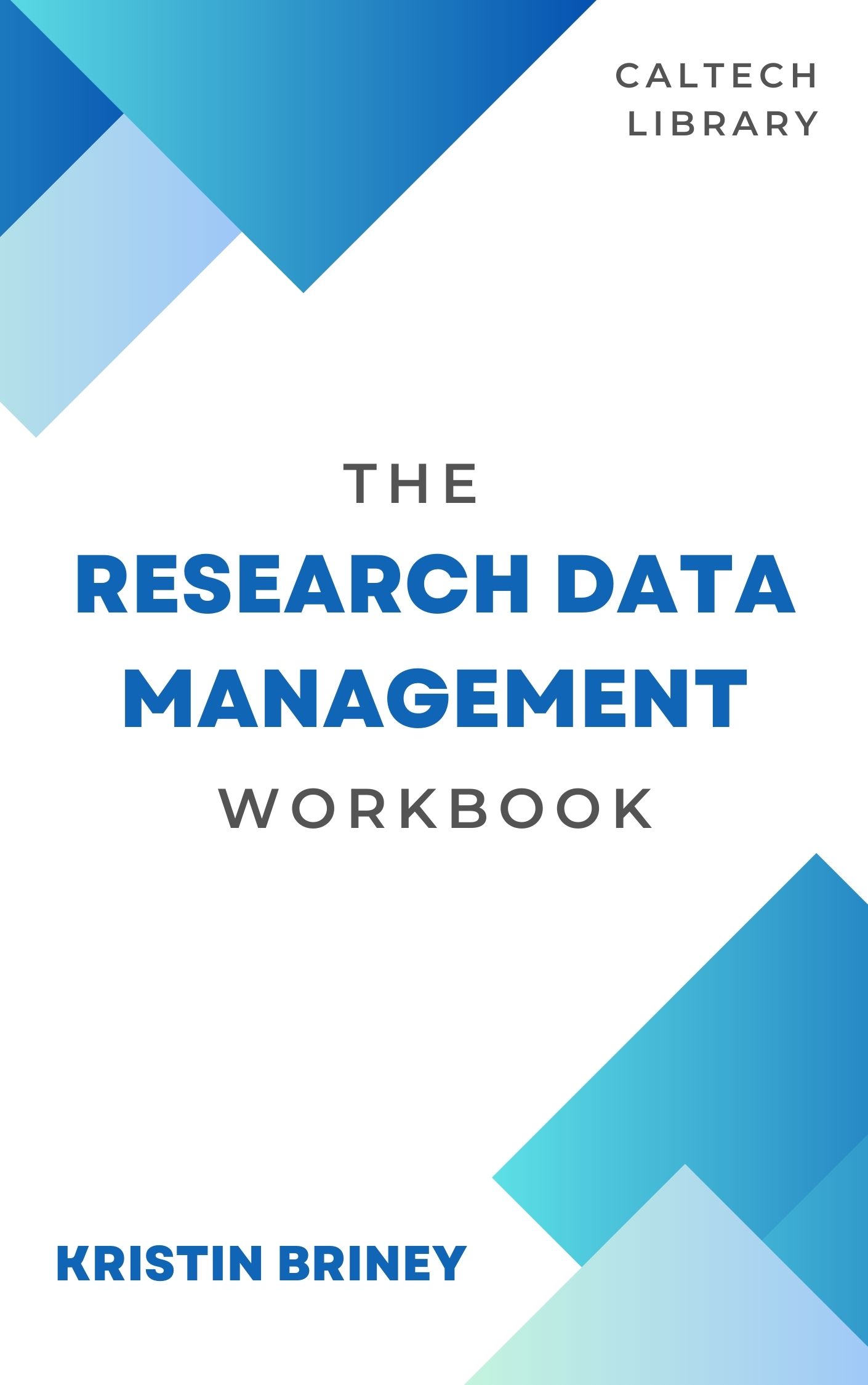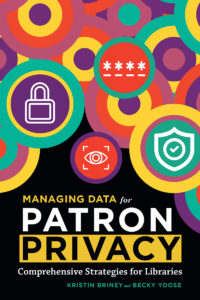Let’s talk for a moment about data privacy. With so much going on in the US news, you might have missed recent efforts to roll back the FCC rule on internet privacy. Basically, removing these rules would allow internet service providers (ISPs) to sell your browsing histories, alter your webpages, and track what you do across the internet.
There are obviously huge concerns here about personal privacy. However, a lot of research data lives on the internet and is stored in the cloud and, while it’s not clear to me how these new rules would affect that content, I’m always an advocate for making sure that private data stays private.
Independent of the fate of this bill, it’s useful to know how to navigate the web in a secure manner.
Before I get into the details of tools (and because I’m not a security expert), here are two useful articles on what you can do to better secure your digital life:
- Securing Your Digital Life Like a Normal Person
- How ISPs can sell your Web history—and how to stop them
I’ve used these two to roadmap where I need to go with my own privacy practices.
Now let’s talk tools! Here are three tools that are already part of my repetoire and I love:
- LastPass (password manager) – Count me in as a password manager convert! LastPass makes it easy to manage hundreds of different passwords and make sure that those passwords are strong. I give high marks to their “Security Challenge”, which identifies old, weak, potentially breached, and duplicate passwords and can even auto-update passwords for me.
- Privacy Badger (tracking blocker) – This browser plug-in keeps cookies and tracking out of my life. It disables trackers without breaking a website; in the rare event that breakage happens, it’s easy to selectively turn trackers back on or Privacy Badger off for that site. Privacy Badger runs in the background, so you don’t have to worry about tracking once it’s installed.
- DuckDuckGo (private internet search) – I’ve converted from Google to DuckDuckGo for my internet searches, as the latter doesn’t track you and still gives good search results. Hint: change your browser’s default search engine to DuckDuckGo in the settings!
Two tools that I just added:
- HTTPS Everywhere (webpage security) – This is a browser plug in that secures your web browsing by defaulting all pages to https.
- uBlock (malicious ad blocker) – I’m still getting a feel for this tool, which is another browser plug in that runs in the background. It potentially overlaps with Privacy Badger but it’s not a 100% overlap and I’d rather have 2 tools that cover everything.
Finally, here are the things I’m working my way up to:
- VPN – I really need to go all in on a VPN, especially for when I’m working on public networks. I don’t have a VPN in mind at the moment, but research is definitely on my to-do list.
- Tor – This would take my internet security to the next level, though I’m not sure it’s a level I need to be at. Still, I’m leaving this here as future ambitions.
So that’s my tool list for internet privacy. A lot of these things are browser changes and plug-ins that, once set, don’t disrupt browsing. The one tool that was a big change was LastPass, but once I got everything set up it has actually made dealing with passwords 100x easier (and my passwords are 1000x more secure).
I hope this tool list shows you that internet security doesn’t have to be difficult but you do have to take a little time to set things up. I think the rewards are definitely worth it.





One Response to Privacy Tools